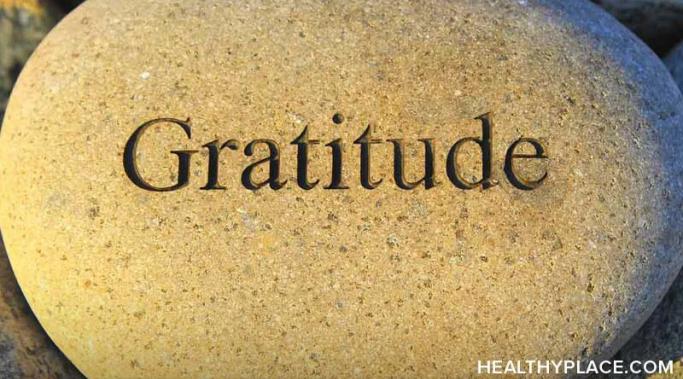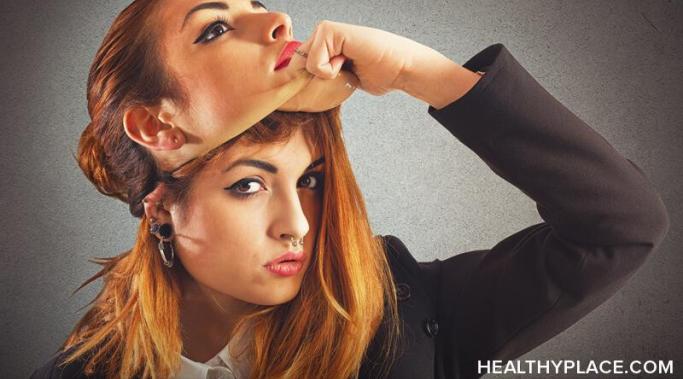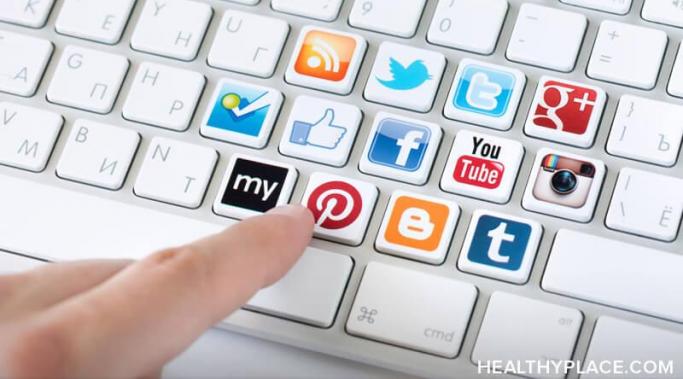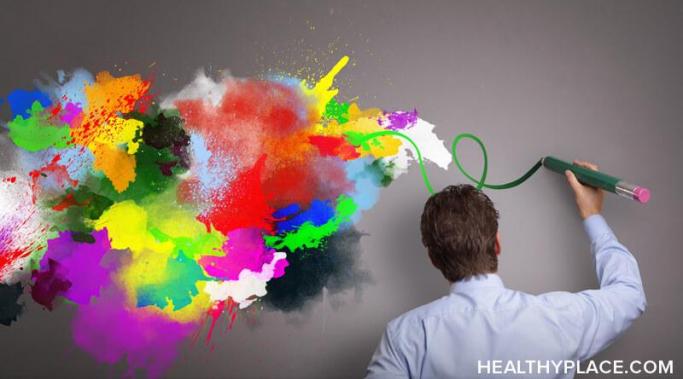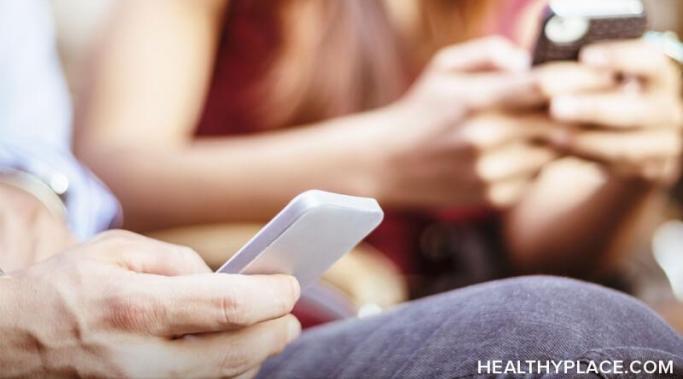They say all good things must come to an end, and my time here at HealthyPlace is up. After writing for "Work and Bipolar or Depression," "Coping with Depression," and now "Mental Health for the Digital Generation," I am finally saying goodbye to team HealthyPlace and my readers.
Mental Health Resources
Can you be manipulative without knowing it? Is such a thing even possible? My therapist says without knowing it, you can be manipulative. Read on to learn more about what she calls unintentional manipulation.
Most of us experience "gut" feelings. Some might say, "I have a feeling this decision is right," or "I sense something is wrong," even though there is not much indication of it. These gut feelings, also known as intuition, urge you to make a choice. When you follow your intuition, you feel connected to your inner self.
Hard conversations are, well, hard. Maybe you are avoiding one by waiting for another person to initiate because you don't want to ruin your relationship. Maybe you are avoiding one by convincing yourself that there's nothing to talk about and that issues will magically melt away soon enough. Most of the time, unfortunately, this isn't true. Most of the time, you need to have a difficult conversation.
You probably have friends or family members who deal with mental illness. And you probably want to help them. You just might not know how. That is okay. It's normal to be hesitant about how to support someone with a mental illness, especially if you don't experience the same things yourself. You don't want to do anything wrong or say something that will trigger them. Here are a few general ways you can help.
I'm not great at mental illness recovery. How do I know I'm getting better? A lot of the time, I can't even see progress. I think I'm improving, and then my mental health takes a dive. It feels like this will never end. And maybe it won't. I will probably deal with mental illness for the rest of my life, so I've found some useful tools for measuring my progress in mental illness recovery.
It's one of those days--the days where I can't get out of bed for fear of the day ahead, where I neglect to take my medication, where I cancel all plans and call in sick. I need something to make me feel better. Instinctively, I feel drawn to binge-watch my favorite TV show. That's the easiest way to forget my feelings, right? However, I know that I must replace my unhealthy coping skills with healthier ones.
Social media can negatively impact your mental health. You don't need dozens of studies to tell you that;1 you've seen it in your own life. But it can also be a force for good. You've seen that too (otherwise you wouldn't still use it). The question is: how can you find a balance? I've put together a list of Dos and Don'ts to promote a positive relationship between social media and your mental health.
Boredom and anxiety coincide like clockwork--when you finish that assignment, when your shift ends, or when you turn off the light to go to sleep, your thoughts start to spiral. As soon as you allow your mind to wrap around itself, anxiety sets in.
Mental health applications or apps are popping up left and right. In the age of technology, we have access to so many tools that can aid in our journies to recovery. My phone is constantly by my side and I use it for many different tasks. In the last few years, I've found several mental health apps that help me cope with my symptoms of depression and anxiety. Here are three that have been helping me a lot recently.
